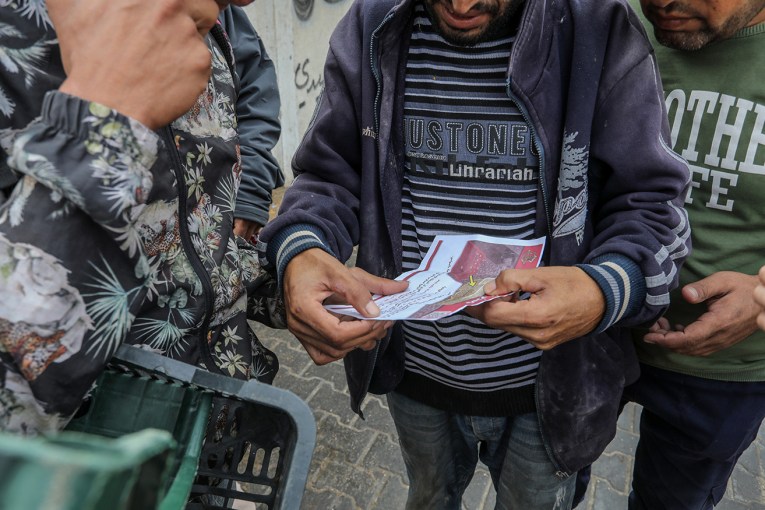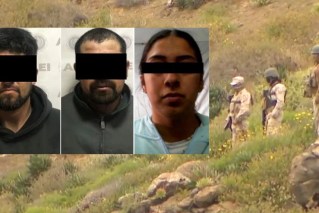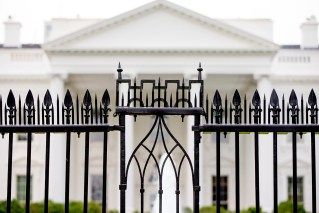Breast cancer gene found
It’s long been known that faulty BRCA genes greatly raise the risk of breast cancer. Now scientists say a more recently identified, less common gene can do the same.
Mutations in the gene can make breast cancer up to nine times more likely to develop, an international team of researchers reports in this week’s New England Journal of Medicine.
About five to 10 per cent of breast cancers are thought to be due to bad BRCA1 or BRCA2 genes. Beyond those, many other genes are thought to play a role but how much each one raises the risk has not been known, said Dr Jeffrey Weitzel, a genetics expert at City of Hope Cancer Center in Duarte, California.
The new study on the gene – PALB2 – showed “this one is serious”, and was probably the most dangerous in terms of breast cancer after the BRCA genes, said Weitzel, one of leaders of the study.
• Charity takes breast cancer to boardrooms
• Ovaries ‘put in to hibernation’
It involved 362 members of 154 families with PALB2 mutations. The faulty gene seems to give a woman a 14 per cent chance of breast cancer by age 50 and 35 per cent by age 70 and an even greater risk if she has two or more close relatives with the disease.
That is nearly as high as the risk from a faulty BRCA2 gene, Dr Michele Evans of the National Institute on Aging and Dr Dan Longo of the medical journal staff write in a commentary in the journal.
The PALB2 gene works with BRCA2 as a tumour suppressor, so when it is mutated, cancer can flourish.
Testing for PALB2 often is included in more comprehensive genetic testing, and the new study should give people with the mutation better information on their risk, Weitzel said.
Doctors say people with faulty cancer genes should be offered genetic counselling and may want to consider more frequent screening and prevention options, which can range from hormone-blocking pills to breast removal.
Actress Angelina Jolie had her healthy breasts removed in 2013 after learning she had a defective BRCA1 gene.
The study was funded by many government and cancer groups around the world and was led by Dr Marc Tischkowitz of the University of Cambridge in England. The authors include Mary-Clare King, the University of Washington scientist who discovered the first breast cancer predisposition gene, BRCA1.








